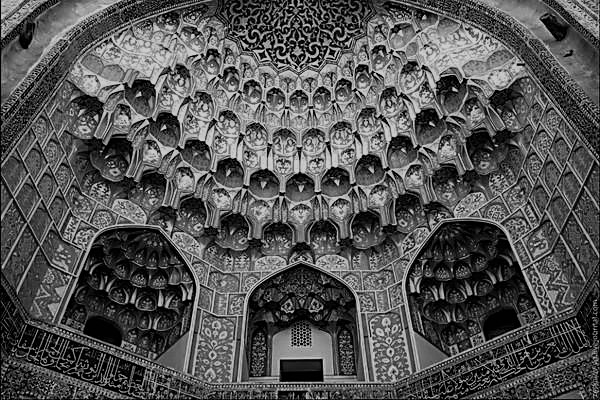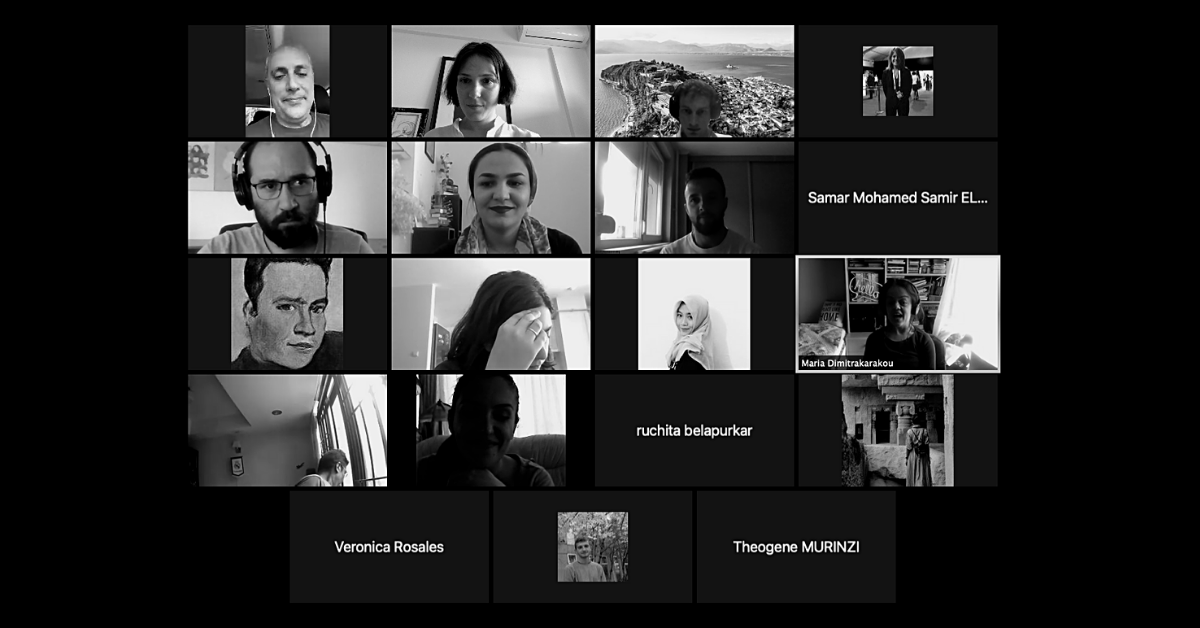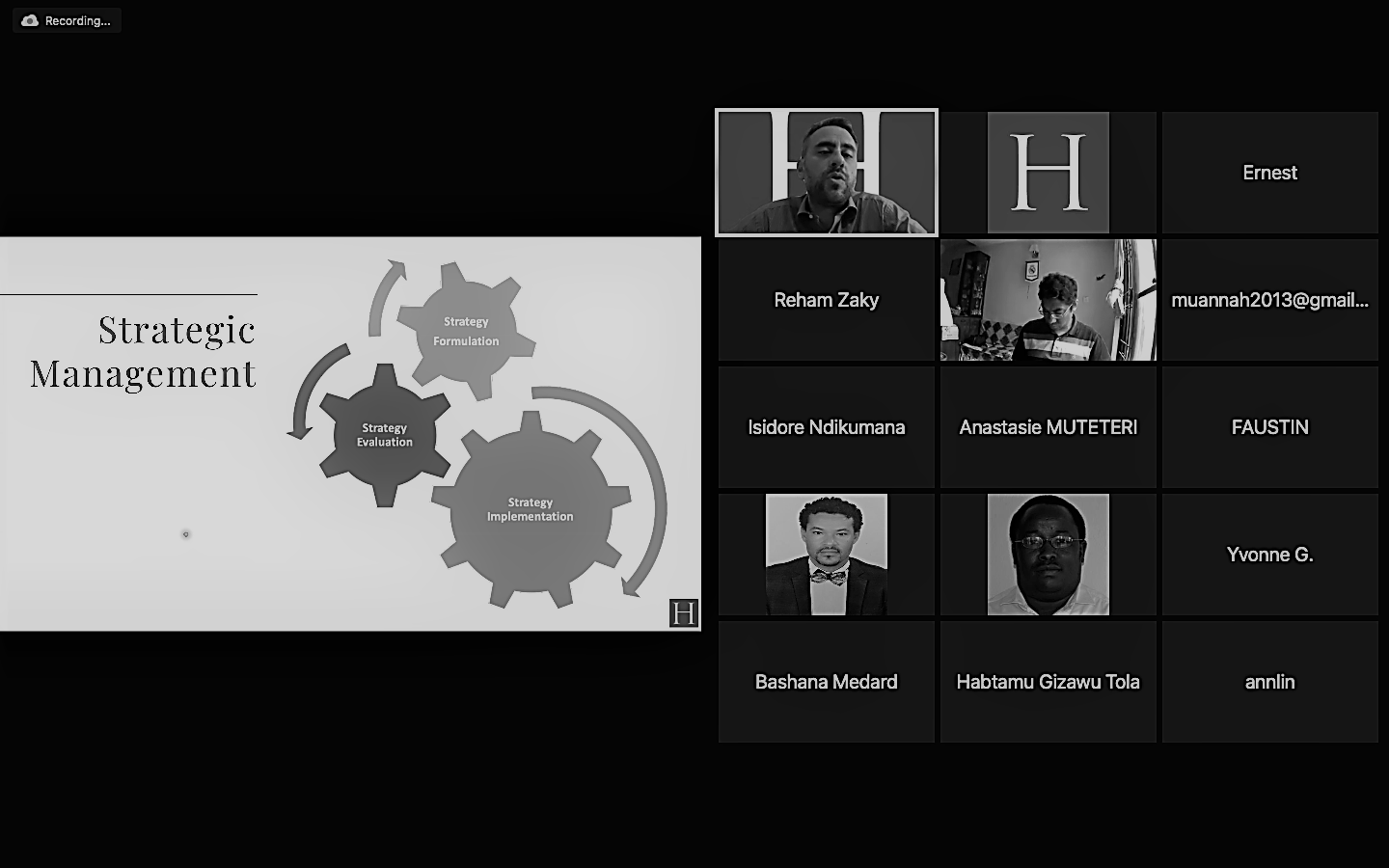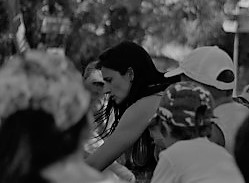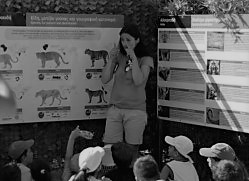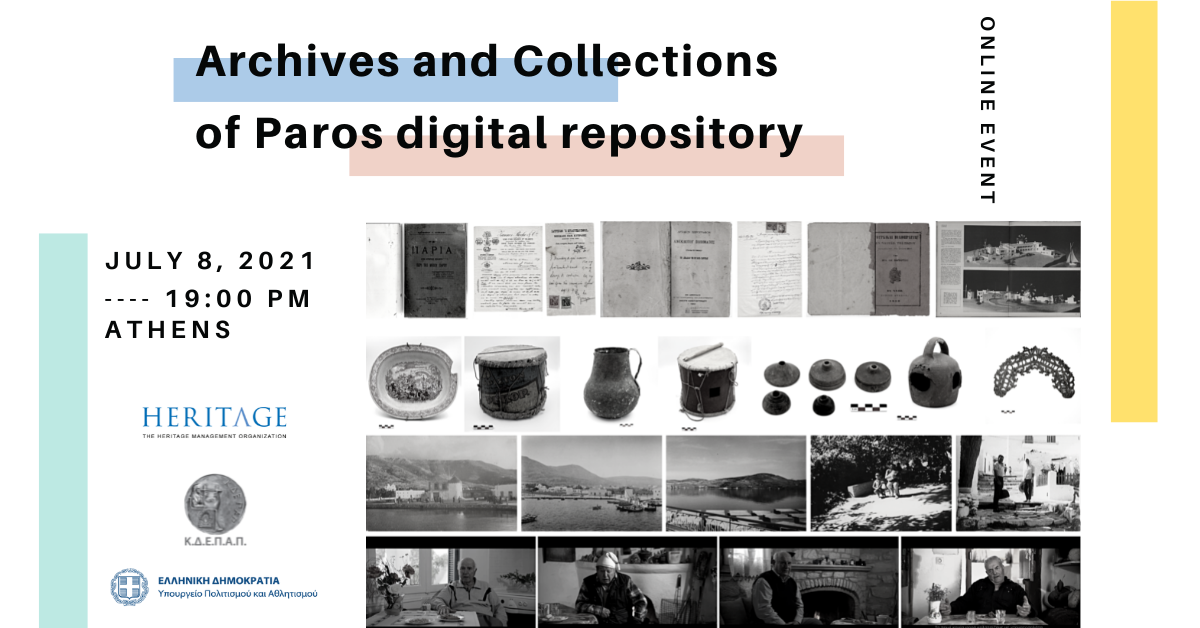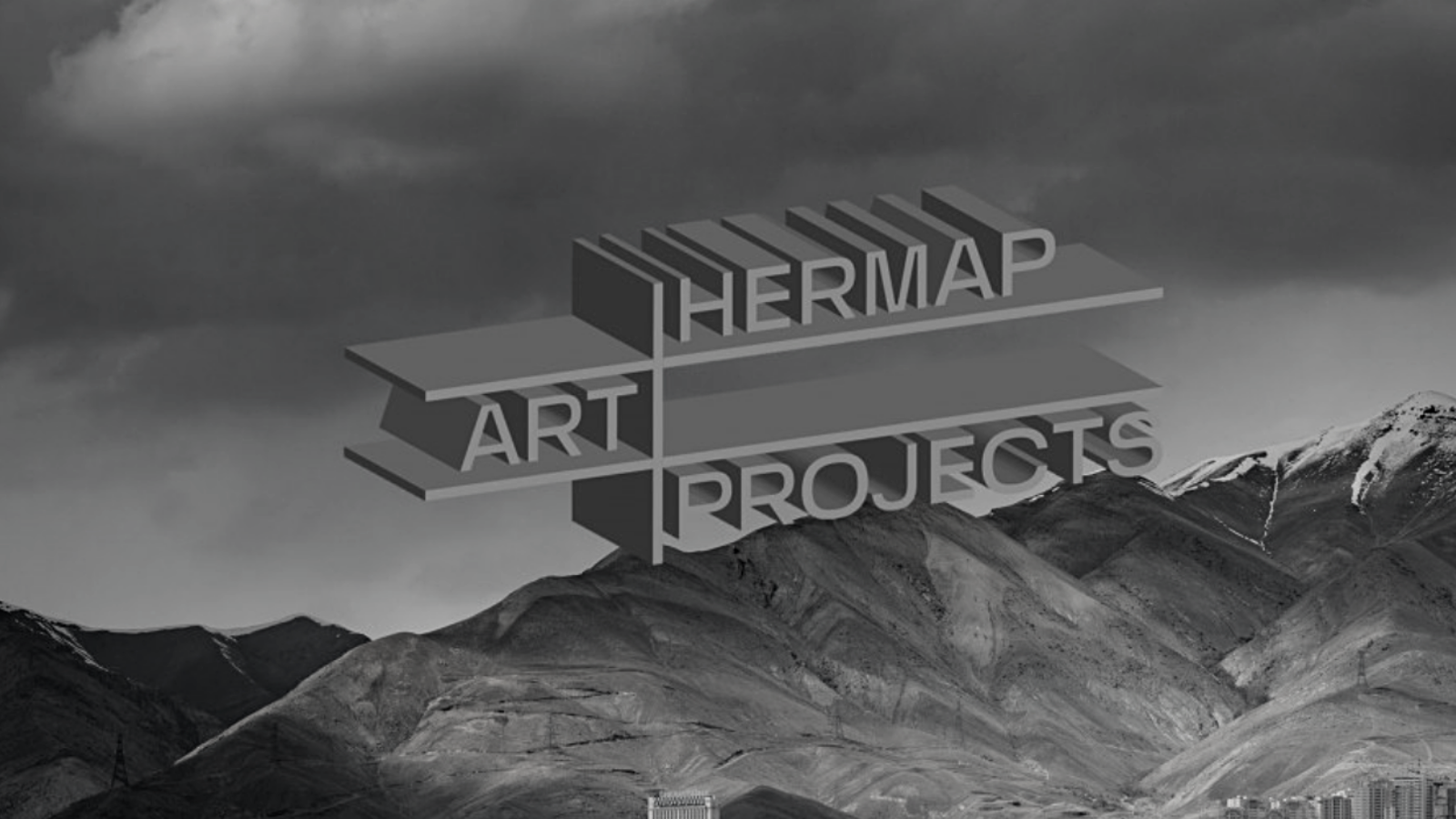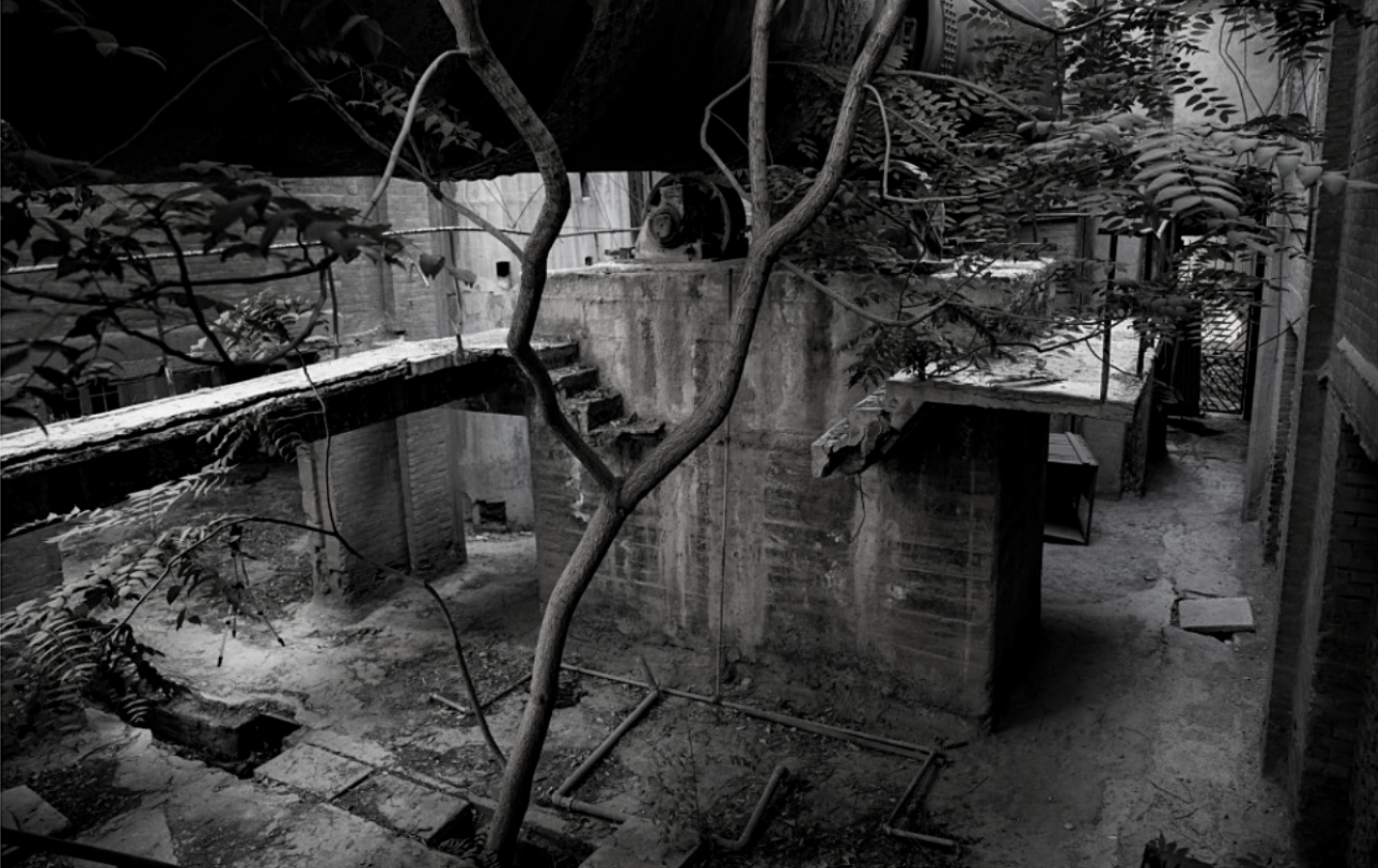: Uncategorized
International Cultural Forum “Central Asia at the Crossroad of World Civilizations” in Uzbekistan
The International Cultural Forum “Central Asia at the Crossroads of World Civilizations” will be held on September 14-16, 2021 in the city of Khiva, Uzbekistan. This event is organized by the Government of Uzbekistan in cooperation with UNESCO at the initiative of the President of the Republic of Uzbekistan H.E. Shavkat Mirziyoyev.
Central Asia is one of the oldest cradles of human civilization with a long history of rich cultural and scientific heritage. Located at the crossroads of transcontinental trade and cultural routes, the region has been a centre of enlightenment, science, and education, as well as exchanges of ideas, beliefs, knowledge, and crafts. This fertile context of rencounters and exchanges contributed to the advent of renowned scientists and scholars such as Avicenna, Al-Farabi, Al-Biruniy, Rudaki, Ulugbek, as well as great artists like Alisher Navoi and Kamoliddin Behzod among others. Moreover, major centres of trade and science such as Khiva, Samarkand, Bukhara, Merv, Taraz, Khojand, Neyshabor, Balkh or Kashgar all bear witness to the historic importance of Central Asia.
Combined, these assets made Central Asia a bridge between the East and West over millennia, and its achievements laid a solid foundation for the modern sciences and great discoveries in a wide range of fields from philosophy, medicine and pharmacology to mathematics and astronomy.
With regard to such historic importance, under the auspices of His Excellency, President Shavkat Mirziyoyev, and in collaboration with UNESCO, the International Cultural Forum “Central Asia at the Crossroad of World Civilizations”, aims to highlight and revisit the rich history and heritage of this region using them to draw lessons and contribute to sustainable peace and development. To this end, the forum aims to bring together local and governmental actors from across the region in order to discuss the regional issues and address them through efficient collaborations. Moreover, the forum will focus on exploring the threats and challenges caused by the Climate Change and the Covid-19 pandemic to the sustainable development of the region, as well as exploring the contributions of its rich cultural heritage in responding to the challenges caused by the two aforementioned issues.
The Heritage Management Organization is honored to participate to the Forum, represented by Dr.Michael Iliakis, expert of Greek-Achaemenid relations and their ramifications for Central Asia, Dr Evangelos Kyriakidis, fsa, The Heritage Management Organization, Director, Katerina Balamoti, Heritage, International Programs Coordinator and Vasilis Ganiastas, Professor of Architectural Synthesis and Theory of Architectural Design. See the program below.
Wednesday 15 September
| 11.45-12.00 | Dr.Michael Iliakis, expert of Greek-Achaemenid relations and their ramifications for Central Asia (Greece)
Greek Presence in Ancient Central Asia: Cultural Influences and Heritage Management |
| 16.00-16.10 | – | Dr Evangelos Kyriakidis, fsa, The Heritage Management Organization, Director
Heritage Management Capacity Building as a source of sustainable development for local communities around Uzbekistan. The work of the Heritage Management Organization online |
| 16.20-16.30 | Katerina Balamoti, Heritage, International Programs Coordinator (Greece)
Tourism development: Driving force for local economic growth and its relation to efficient cultural heritage management |
| 17.00-17.10 | Vasilis Ganiastas, Professor of Architectural Synthesis and Theory of Architectural Design (Greece)
The cultural potential of network-hub places in Central Asia beyond tangible and intangible heritage |
See the full program here.
Date and Venue of the Forum
14-16th of September 2021
Venue: Khiva, Uzbekistan
“Temporary Exhibition Design: Agile Exhibitions in a Rapidly Changing Environment”
The online 3-day workshop on “Temporary Exhibition Design: Agile Exhibitions in a Rapidly Changing Environment” took place from 11 to 13 June 2021.
12 heritage managers from Africa (Rwanda, Egypt), Europe (Greece), USA and Asia (Philippines, Syria) have been trained on how temporary exhibitions can enhance and promote the mission of an institution, create new audiences and generate revenue.
Starting from developing an exhibition concept to the point of taking that exhibition on tour, this workshop took participants through every stage of making a memorable exhibition. This workshop also concentrated on creating agile exhibitions that are responsive and adaptable to change. The workshop encouraged active participation and opportunities to share experiences and workshop ideas for future programmes.
The workshop has been conducted by Tessa Pierce and Catherine Sargent.
Tessa Pierce has worked across multiple art and design organisations to deliver major exhibitions and commissions over the past 8 years, including the Victoria and Albert Museum where she delivered exhibitions such as Tim Walker: Wonderful Things, alongside multiple international tours. Formerly, she has held roles with Groves-Raines Architects, Open Eye Gallery Edinburgh and Edinburgh Art Festival.
Catherine Sargent was an exhibition project manager at the Victoria and Albert Museum for seven years before becoming a freelance consultant and advisor. While at the V&A, she delivered Cars: Accelerating the Modern World as well as the international tour of You Say You Want a Revolution? Records and Rebels 1966-70. Prior to her work at the V&A, Catherine worked with the collection at the V&A Museum of Childhood.
As well as the people delivering the course, there were also guest lectures of Hikaru Nissanke and Marie Foulston.
Hikaru Nissanke, MA Cantab AA Dipl ARB RIBA and Director, OMMX.
At OMMX, we promote alternative approaches to building that aren’t just about how a neighbourhood looks and feels, but also who and what it stands for. Our approach is rooted in academia but is above all grounded by practice and dialogue with clients, consultants and communities. We build understanding by dealing with facts honestly and people’s feelings sensitively. We create spaces that we can all relate to and that help us relate to one another.
This year, we have been nominated for the EU Prize for Contemporary Architecture, the Lisbon Triennale Début Award and are included on the AJ’s 40 under 40 “a showcase of architecture’s brightest up-and-coming talent”. We’ve been shortlisted to represent the UK at the Venice Biennale in two of the last three open national competitions. Past clients include the V&A, RA, Design Museum, English Heritage, Wellcome Collection and British Library.
Our work has been published widely and we regularly contribute to architectural critique and discourse at institutions across Europe, recently participating in the Architecture Foundation event Introducing New Housing—“a presentation of the best architects and most progressive developers working in the UK today”— and at the Building Centre panel discussion Rethinking The Way We Live.
I currently teach at the AA where I cofounded RAW. RAW stands for Respect Accountability and Wellbeing and is a staff led group that seeks cultural and structural reform to ensure that the AA not only meets its moral and legal obligations but is an inspiring and inclusive place for everyone to work.
This past decade, many of the global challenges have represented a lived reality for us at OMMX. My experience has taught me to communicate clearly, concisely and empathetically when discussing complex and often sensitive issues with different audiences. I am now applying to RDAG to help you shape a built environment that properly caters for the planet, its diverse communities and natural habitats.’
Marie Foulston, Curator and Creative Director
Marie Foulston is an award winning curator and creative director of playful exhibitions, installations and experiences. Most recently she was Curator of Videogames at the V&A where she curated the headline exhibition ‘Videogames’ and founded ‘Parallel Worlds’, an annual conference on the design and culture of games. In 2020 she was director of experimental games festival ‘Now Play This’ at Somerset House. Across her career she has collaborated with a host of international organisations and brands including the Smithsonian, the Game Developers Conference, London Film Festival, Penguin Random House, Channel 4, V&A Dundee, ACMI, the Art Gallery of Ontario and MoPOP.
“Strategic Planning for Heritage Managers” online workshop
The 3-day online workshop on “Strategic Planning for Heritage Managers” took place from 14 to 16 May 2021.
15 heritage managers from Africa (Rwanda, South Africa, Ethiopia, Egypt) and Asia (Nepal) have been trained on the tools and methodologies to effectively address the topics of successful strategy formulation and implementation in organizations managing cultural heritage in the contemporary complex environment. At the end of the course, participants have been empowered to use methods and tools of strategic analysis to devise and evaluate alternative strategic choices, while they comprehended the demands of a strategy implementation project.
The workshop was conducted by Alexandros Papalexandris, an Assistant Professor at the Athens University of Economics and Business and a former senior consultant at Deloitte, while he has more than 15 years’ research and consulting experience in the areas of strategy development and implementation.
Bénédicte de Montlaur, President and Chief Executive Officer in World Monuments Fund (WMF) honoured us with her presence as a keynote speaker. She shared with the participants her long career in the strategic management of cultural heritage in the World Monuments Fund.
Bénédicte de Montlaur is President and Chief Executive Officer of World Monuments Fund (WMF), the world’s foremost private organization dedicated to saving extraordinary places while empowering the communities around them. She is responsible for defining and implementing WMF’s strategic vision, and leading a team in more than 30 countries around the world.
Her background mixes culture and the arts, politics, international diplomacy and human rights. Prior to joining WMF, Montlaur spent two decades working across three continents as a senior diplomat at the French Ministry of Foreign Affairs.
Most recently, she served as Cultural Counselor of the French Embassy in the United States, leading France’s largest international cultural advocacy network and its two partner foundations—Albertine and FACE—and directing a team of 90 people in ten US offices. In this role, Montlaur created and expanded numerous programs, including the French-American Dual Language Fund, the annual Festival Albertine featuring curators including Ta-Nehisi Coates and Gloria Steinem, and the podcast The Thing About France, which presented conversations with prominent Americans about their country’s relationship with France. Previously, she served as Deputy Assistant Secretary in charge of North Africa, United Nations Security Council Negotiator on Africa and the Middle East and French Embassy First Secretary in Damascus, Syria.
Montlaur studied sociology and Arabic at the Ecole Normale Supérieure (Ulm) and public affairs at Sciences Po, Paris. She was a Marshall Memorial Fellow at the German Marshall Fund. She has served on the Boards of several cultural and educational institutions, and is currently a Trustee of the Menil Collection in Houston, Texas. Montlaur is a member of The New York Times literary critic Liesl Schillinger’s book club and created an original exhibition of photos entitled “Islam and the City.” Beyond her professional accomplishments, Montlaur is a polyglot—speaking French, English, Arabic and Spanish—and completed the New York City Marathon in 2011.
Network Stories: Georgina Spyres
Describe your organization and the unique work that it is doing. Who and what are affected by the work? How does/will the work impact people’s lives?
I currently work at the Education Center of the Attica Zoological Park, which is accredited by the European Association of Zoos and Aquaria (EAZA). The Attica Zoological park falls within the 20% of the sites accredited by EAZA which meet the strict criteria set for animal welfare, conservation, education and research. Both individually and through the network of reputable zoos we aim to educate and influence the hearts, minds, and behaviours of the people we come into contact with, in order to promote sustainable lifestyles for the protection of our natural world, especially its biological richness. The thousands of students that we come into contact with every year attest to feeling awe and excitement at encountering amazing wildlife up close, which is a first step toward pro-environmental behaviour. Our hands-on interactive and engaging educational programs and events shape the impressionable minds of our many young visitors toward compassion for our fellow beings and provide them with easy, small but impactful lifestyle changes, like using metal bottles for water and pasta straws instead of plastic. Evaluations of our work have shown that we consistently influence our target audience positively towards wildlife through transferring our knowledge. The open-space natural grounds of this zoological park are ideal for families of all ages to comfortably spend time connecting with nature be it picnicking under the trees, listening to the birds, or quietly observing the animals such as the family antics of the threatened Ring-tailed Lemurs. Our planetary health is directly connected to sustainable lifestyles and ultimately that is my job, to promote sustainability.
Tell us about a project that has benefited from the training you received from us? Why was the project important? Was there anything unusual or surprising about the execution of this project?
The Strategic Communications Planning workshop run by The Heritage Management Organization taught me good practices in employing social media and press for messaging. I have applied the principles widely across my projects in conservation education and promotion of our work, including improved planning of all my personal communication for networking. Furthermore, the workshop enabled me to combine the skills attained with some effective environmental education techniques in order to design a short and simple workshop for students aged 12-18 years’ old that are interested in campaigning for a chosen environmental cause. Our Youth Service Learning Program, which engages such students in nature and wildlife topics on an annual basis, is STEM heavy and focused on using nature’s solutions to problems, such as conserving resources and energy, reducing pollution, protecting habitats and improving animal welfare.
There is also a good percentage of students that come to us, the program mentors, looking for direct short-term action on raising awareness and fundraising. They want to make a difference today – right now. One student is currently designing a communications project so that people purchase only sustainable certified palm oil, to protect habitats of tropical animals such as the orangutan, the Asian elephant, and the tiger. The Heritage workshop enabled us to immediately reach a wider audience. My training with The Heritage Management Organization has helped me to empower the students with improved communication skills.
Has your organisation worked on any other projects that are innovative, globally significant and can be replicated in a local market?
We are at the early stages of a partnership on a program regarding wildlife on Parnitha Mountain, the closest national protected forest to Athens. We are communicating with wildlife biologists about Parnitha’s biodiversity becoming richer in the last few decades with more predators appearing and with stakeholders about the respectful and increased use of the mountain by the public. Our goal is to strategically communicate certain key messages, such that biodiversity is respected and protected by all and that the public becomes more involved in wilderness awareness and outdoor events to connect with nature and promote pro-environmental behavior. Once again, the Strategic Communications Planning workshop by The Heritage Management Organization provided very important insight on tackling some key issues when it comes to dialogue with an audience and pathways to achieve our goals. We really must first understand people, engage with them with meaningful conversation and help them resolve toward behaviors that ultimately benefit everyone. This approach is of utmost priority for conservation on a global scale.
What are the global issues that your project addresses (e.g., fighting climate change, preserving heritage and culture, promoting local participation)?
My projects all address the conservation of our natural heritage, which means conserving species of flora and fauna within whole ecosystems as we unfortunately face a sixth mass extinction. I am also a core partner in a climate education school program (https:// CarbonBustersClub.org) which aims to curb over-consumption fuelling climate change. To manage this planetary crisis, we need a complex approach, chaotic as such. Solutions need to be well-evaluated but they must come from all levels of humanity and from all disciplines. Essentially the core functioning of our current society needs to be re-wired.
The ultimate solution to any disconnect with the natural world, in my opinion, boils down to three things;
- “nature connection” or spending more time in nature as priority.
- “love, not loss” or focusing on the beauty of our world as inspiration rather than the destruction by humans and quite importantly.
- “environmental education” embedded through whole national curricula and core subjects, something necessary for understanding and managing our future.
The subject of environmental education is widely treated in our country by both educators and parents, as a free school hour to cover other seemingly more important topics. It makes sense that non-formal environmental education platforms, especially in Greece, can provide the whole family with the opportunities for the above activities. Myself, my colleagues our collaborators and partners, are wholly dedicated to inspiring and instilling awe, knowledge and respect for wildlife. This is our core common mission, to motivate everyone to protect our planet’s natural heritage, currently undergoing serious crisis due to habitat loss and degradation by human activities, including the massive repercussions from climate change events.
Archives and Collections of Paros digital repository
[scroll down for Greek text]
“Archives and Collections of Paros” digital repository is an online platform assembling cross-media resources across public and private collections, institutional digital libraries and archives as well as individual scholars with the primary scope of openly sharing knowledge produced through research and enhancing our understanding of the rich cultural heritage of the island of Paros.
HERITΛGE and the Municipal Public Benefit Enterprise for Cultural Development of Paros (KDEPAP), are lunching the Digital Repository “Archives and Collections of Paros”. The “Archives and Collections of Paros” is an open online database, which aims to promote the local history and cultural heritage of the island. The repository’s website collects digital copies of archival documents, books, historical photographs, objects and contemporary audiovisual content, such as videos and audio files from the public and private collections of Paros, from research institutions and individual researchers. The content of the repository is recorded, documented, organized and presented on paros-archives.com to the general public, aiming to enhance the research interest in the island, to stimulate the already generalized interest in the historical past of Paros, to activate the members of the local community in the management of the cultural heritage of their place and to create new ways of cooperation and partnership both between academic and local institutions and between independent initiatives at the local level.
Research for and implementation of the pilot version of “Archives and Collections of Paros” digital repository was conducted in collaboration with the Paros Municipal Library “Giannis Gkikas” and KDEPAP under the auspices and with the support of Ministry of Culture and Sports.
The presentation of the digital repository will take place at 08/07/2021 through Zoom Platform.
Its presentation by Katerina Konstantinou will be followed by a discussion with the participation of Alegre Eskaloni (Municipal Library of Paros), Ada Dialla (1821 Digital Archive, Research Center for the Humanities), Artemis Stamatelou (My House of European History project, European Parliament), and Aris Anagnostopoulos (HERITΛGE).
The event will be held in Greek in Zoom platform.
Register here.
The meeting will also be available live from HERITΛGE channel on YouTube.
Διαδικτυακή εκδήλωση
Παρουσίαση του Ψηφιακού Αποθετηρίου «Αρχεία και Συλλογές της Πάρου»
Το ΨΗΦΙΑΚΟ ΑΠΟΘΕΤΗΡΙΟ «Αρχεία και Συλλογές της Πάρου» είναι μία ανοιχτή διαδικτυακή βάση δεδομένων, η οποία έχει σκοπό την ανάδειξη της τοπικής ιστορίας και της πολιτιστικής κληρονομιάς του νησιού. Στον ιστότοπο του αποθετηρίου συγκεντρώνονται ψηφιακά αντίγραφα αρχειακών τεκμηρίων, βιβλίων, ιστορικών φωτογραφιών, αντικειμένων αλλά και σύγχρονο οπτικοακουστικο περιεχόμενο, όπως βίντεο και ηχητικά αρχεία από τις δημόσιες και ιδιωτικές συλλογές της Πάρου, από ερευνητικά ιδρύματα αλλά και μεμονωμένους ερευνητές. Το περιεχόμενο του αποθετηρίου καταγράφεται, τεκμηριώνεται, οργανώνεται και παρουσιάζεται στο paros-archives.com στο ευρύ κοινό φιλοδοξώντας να ενισχύσει το ερευνητικό ενδιαφέρον για το νησί, να τονώσει το ήδη γενικευμένο ενδιαφέρον για το ιστορικό παρελθόν της Πάρου, να ενεργοποιήσει τα μέλη της τοπικής κοινότητας ως προς την διαχείριση του πολιτιστικού αποθέματος του τόπου τους και να δημιουργήσει νέους τρόπους συνεργασίας και σύμπραξης τόσο μεταξύ ακαδημαϊκών και τοπικών φορέων όσο και μεταξύ ανεξάρτητων πρωτοβουλιών σε τοπικό επίπεδο.
Την παρουσίαση του Ψηφιακού Αποθετηρίου από την Κατερίνα Κωνσταντίνου θα ακολουθήσει συζήτηση με την συμμετοχή των: Αλέγκρε Εσκαλονή (Δημοτική Βιβλιοθήκη Πάρου), Άντα Διάλλα (Ψηφιακό Αρχείο 1821, ΚΕΑΕ), Άρτεμις Σταμετέλου (My House of European History project, European Parliament), και τον Άρη Αναγνωστόπουλο (HERITΛGE).
Το έργο της πιλοτικής ανάπτυξης του paros-archives.com υλοποιείται από την Πρωτοβουλία για την Ανάδειξη της Πολιτιστικής Κληρονομιάς σε συνεργασία με τη Δημοτική Βιβλιοθήκη της Πάρου «Γιάννης Γκίκας» και την ΚΔΕΠΑΠ, υπό την αιγίδα και την υποστήριξη του Υπουργείου Πολιτισμού και Αθλητισμού.
H διαδικτυακή εκδήλωση για την παρουσίαση του Ψηφιακού Αποθετηρίου «Αρχεία και Συλλογές της Πάρου» θα διεξαχθεί την Πέμπτη 8 Ιουλίου 2021 και ώρα 19:00, στα ελληνικά, μέσω της διαδικτυακής πλατφόρμας Zoom.
Κάντε την εγγραφή σας εδώ.
Θα έχετε επίσης τη δυνατότητα να παρακολουθήσετε τη συνάντηση ζωντανά από το κανάλι του HERITΛGE στο YouTube.
HerMaP Iran – Cultural Heritage Management Project Webinars & Expo
HERMAP ART PROJECTS
12 ARTISTS FROM EUROPE AND IRAN EXPLORE IRAN’S CULTURAL HERITAGE
04 MAY ’21 — 06 JUNE ’21
BOZAR and Goethe-Institut invite you to discover the works of twelve European and Iranian artists in the framework of an artistic research residency programme on the valorization of Iranian material heritage. Exploring a multifaceted landscape, some of them question the relationship between archives and artistic creation and the notion of living archives. Others take a renewed look at the place of the artist in the valorization and reactivation of a former industrial site. Throughout the projects, a sound and visual landscape unfolds that questions our space-time representations and our sensory geographies, our perception and our relationship to the every living thing, the construction of our individual and collective memories.
In the framework of this exhibition, we also present the film The Runner by Amir Naderi.
Artists in residence:
Abel Korinsky (DE) and Orhan Kavrakoglu (TR)
Alice Pedroletti (IT) and Andrea Familari (IT)
Arya Arabshahi (IR)
Aron Rossman-Kiss (HU)
Ehsan Hemat (IR)
Goda Palekaite (LT)
Love Di Marco (SW)
Saba Ghorbanalinejad (IR)
Sina Seifee (IR)
Timothée Gauvin (FR)
ARTISTIC CREATION EXPLORES ARCHIVES AND INDUSTRIAL HERITAGE
05 MAY ’21 & 06 MAY ’21
We are pleased to announce two days of webinars that will focus on the role of artistic creation in preserving Iranian archives and industrial heritage. The webinars are part of HerMaP Iran – Cultural Heritage Management Project.
Programme for 5 May
14:00-15:45 Artistic interventions and the enhancement of industrial heritage
The round table facilitator will be Benjamin Meyer-Krahmer, Professor of Cultures of the Curatorial at the Hochschule für Grafik und Buchkunst (HGB) / Academy of Fine Arts Leipzig.
14:00-14:10 Welcome address
14:10-14:20 Introduction by Benjamin Meyer-Krahmer
14:20-14:50 Abel Korinsky & Orhan Kavrakoglu, Aron Rossman-Kiss, Arya Arabshahi & Love Di Marco, Saba Ghorbanalinejad & Timothée Gauvin will present their projects, which were inspired by the site of Iran’s oldest cement factory: the former Rayy Cement Plant.
14:50-15:20 This presentation will be followed by a wide-ranging discussion between Nikolaus Hirsch, architect and curator, co-founder of the online platform and archive e-flux architecture, and co-director of CIVA – Brussels, and Jorge Otero-Pailos, artist, architect, conservationist, professor and director of the Historic Conservation programme at Columbia University GSAPP, whose interdisciplinary work combines art, architecture, and heritage conservation.
15:20-15:45 Interaction with the public via Zoom chat and Q&A.
16:00-17:30 Archives and contemporary artistic practices
The round table facilitator will be Stefanie Schulte Strathaus, head of the Berlinale Forum Expanded and co-director of the Arsenal Institute for Film and Video Art.
16:00-16:10 introduction by Stefanie Schulte Strathaus
16:10-16:35 Artists Alice Pedroletti & Andrea Familari, Ehsan Hemat, Goda Palekaite and Sina Seife discuss the meaning of archiving as an artistic practice, and share the research work they carried out during their residency.
16:35-17:05 This presentation will be followed by a wide-ranging discussion between Chris Dercon, art historian, curator and director of the Réunion des musées nationaux – Grand Palais, and Nico Dockx, artist, curator, editor and researcher, whose work explores in particular the relationship between perception and memory.
17:05 -17:30 Interaction with the public via Zoom chat and Q&A.
Programme for 6 May
13:30-14:30 Industrial heritage in transition: Iranian perspectives
Facilitator: Sara Reyhani
Geographer Amin Moghadam and Architect Rojia Forouhar present, through concrete examples, the issues at stake in the development and sustainability of industrial heritage from the point of view of architecture, town planning and social and cultural anthropology.
14:45-15:45 Archives and Creation in Iran
Facilitator: Amirali Ghasemi
How do we approach archives in a complex cultural community such as Iran? What issues are at stake?
Maryam Niazadeh, researcher and archivist, and Michel Dewilde, curator and art historian, talk about the beginnings of modern archiving in Iran and the way in which the art world is embracing it.
HerMaP – Cultural Heritage Management Project is co-funded by the European Union, the project is led by the Heritage Management organization-HERITAGE (Greece) in partnership with the Goethe-Institut (Germany) and the Centre for Fine Arts Brussels – BOZAR (Belgium).

